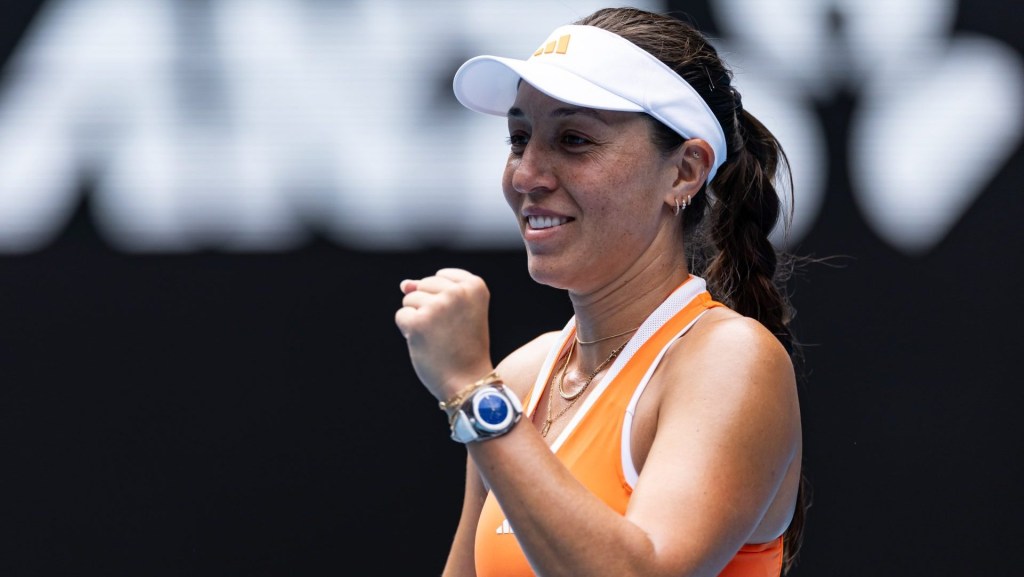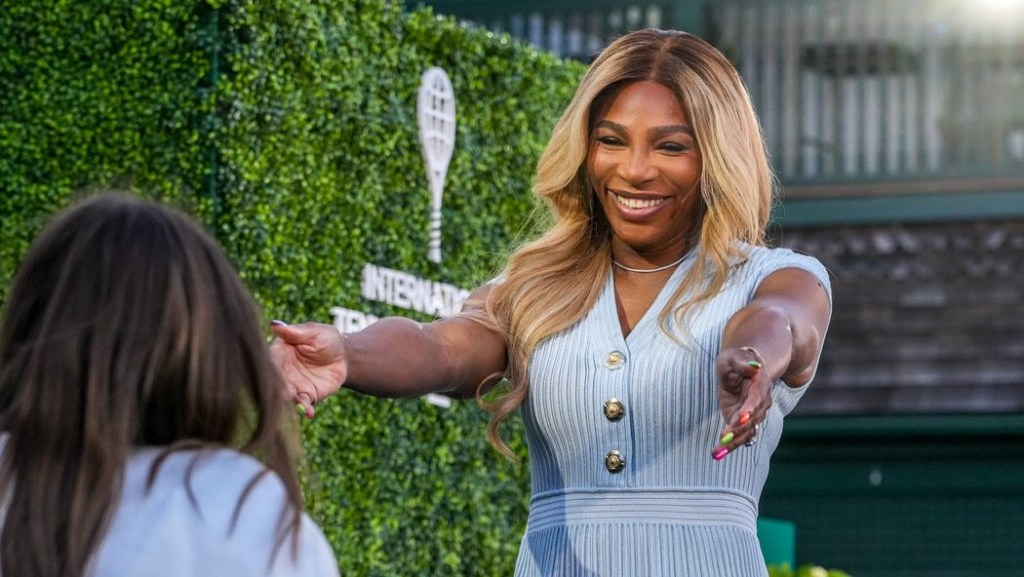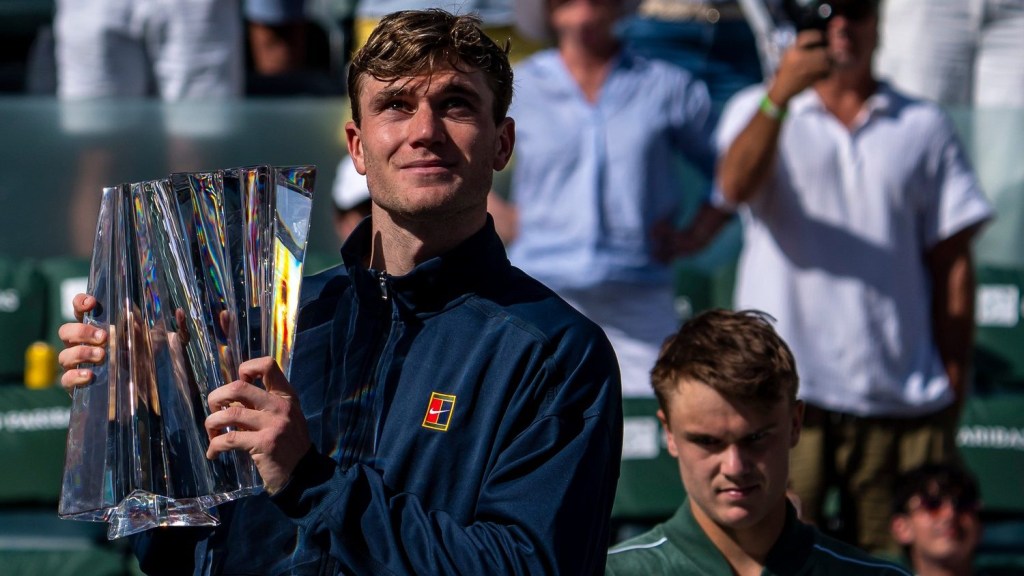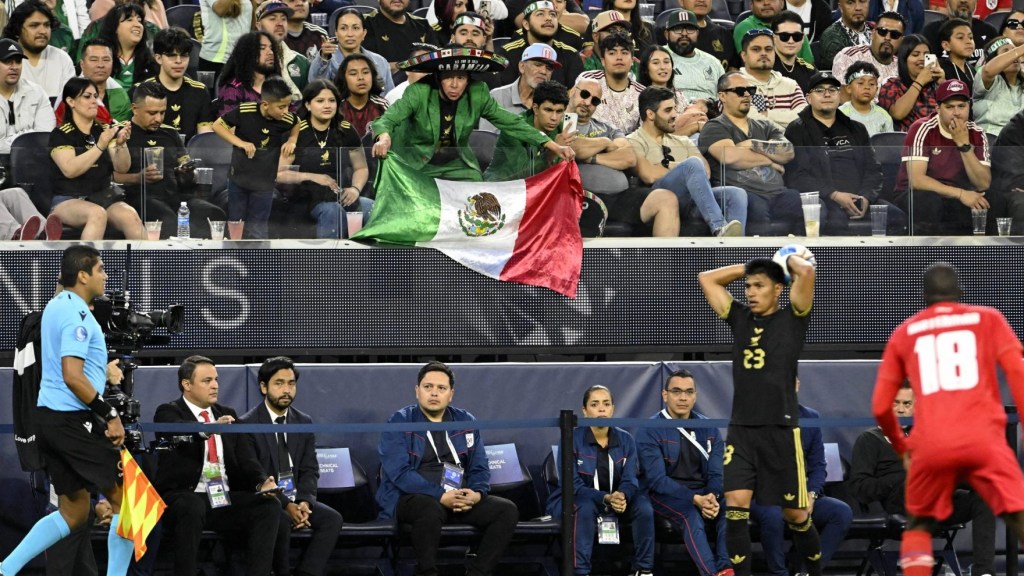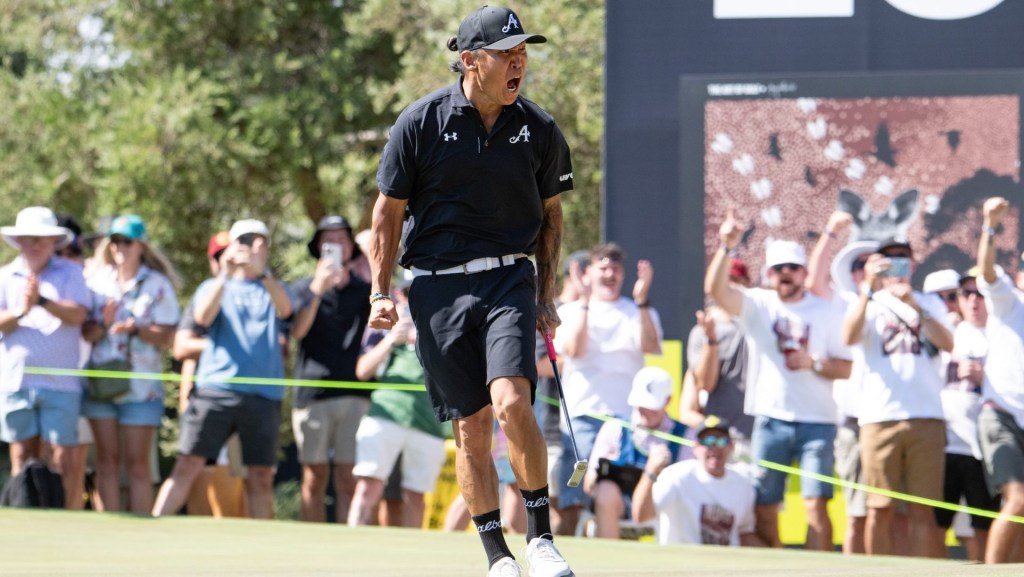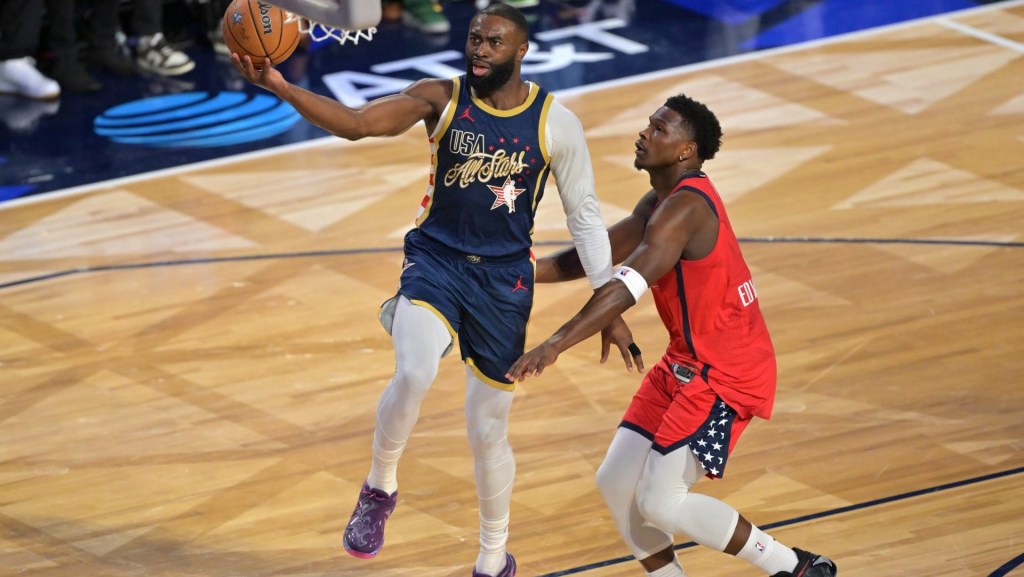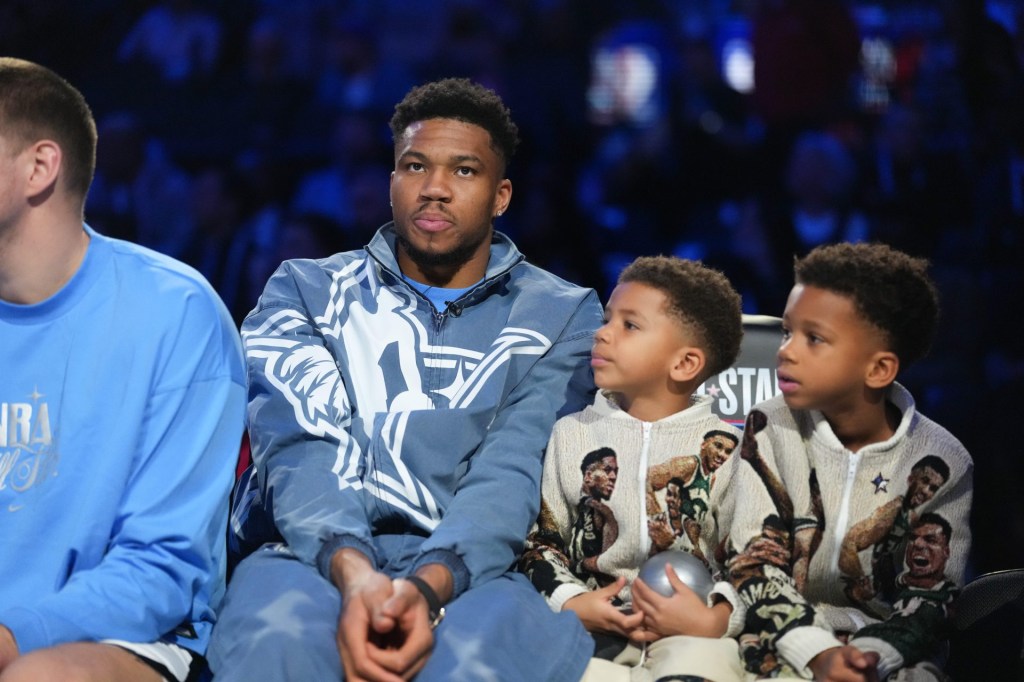Another week, another round of the Caitlin Clark hot takes.
Just on the heels of the WNBA rookie phenom being knocked to the floor in a game against the Chicago Sky—setting off a national debate—Clark was left off the USA women’s basketball roster for the upcoming Paris Olympics. That decision set off yet another round of heated opinions, many hours of airtime across sports-talk radio and TV, and conjecture veering far beyond basketball into issues of race and gender.
But just like most everything else surrounding the heralded arrival of Clark to the WNBA, there is more going on than just what lies on the surface, and multiple things can be true simultaneously. Among the key elements surrounding the Clark-Olympics debate:
- Leaving her off was likely the best decision from a basketball perspective. The full roster has not yet been officially announced, and if there are subsequent withdrawals or injuries, Clark’s inclusion is still possible. But the squad that has been widely discussed involves players with more international experience—particularly recently—than Clark. USA Basketball’s top job in Paris is to win gold, as it has every Olympics since 1996, and the organization’s selections show a clear preference for veteran experience.
- Clark has been remarkably poised about the situation. Continuing to show a level of grace and maturity perhaps beyond her years, the 22-year-old Clark took the decision publicly in stride, saying, “Honestly, no disappointment. It just gives me something to work for; it’s a dream. Hopefully, one day I can be there.”
- NBC Sports will almost certainly take a viewership hit because of this. This is a primary basis for the arguments to have Clark on the team. Media rights fund the vast majority of the entire Olympic movement, have done so for decades, and Clark has been the foremost driver in an extensive series of attendance and viewership records posted this year across both college and pro women’s basketball. Her presence would have further advanced and, in many ways codified, what already has been a breakthrough year for the women’s game. NBC Sports and corporate parent Comcast are also eager for a ratings resurgence after posting record Olympics lows in both Tokyo and Beijing. But this is also a situation where business goals and basketball ones are coming into direct conflict.
- There is still a downside to the TV-centric argument. Even if Clark had been selected for the team, she might not have played many minutes, again due to the greater level of Olympics and international experience among the rest of the roster. That could have created its own dilemma for NBC Sports by marketing the presence of a superstar and cameras finding her primarily sitting on the bench, in turn creating unfulfilled expectations among viewers.
- Fans and advocates of Clark, not to mention Clark herself, might still be best served over the long term with this decision. Since the WNBA will shut down for a month to accommodate the Olympics, Clark’s not playing in Paris will allow her to take an extended break, something that hasn’t been possible since last summer as she went directly from finishing her stellar career at Iowa to the WNBA draft and then training camp, the preseason, and start of the regular season with the Indiana Fever. She said she is relishing the opportunity to rest both her body and mind.
“I’ve loved competing every single second,” Clark said. “But it’s going to be a great month for my body to get rest, get healthy, and just get a little time away from basketball and the craziness of everything that’s been going on. And just find some peace and quiet for myself.”
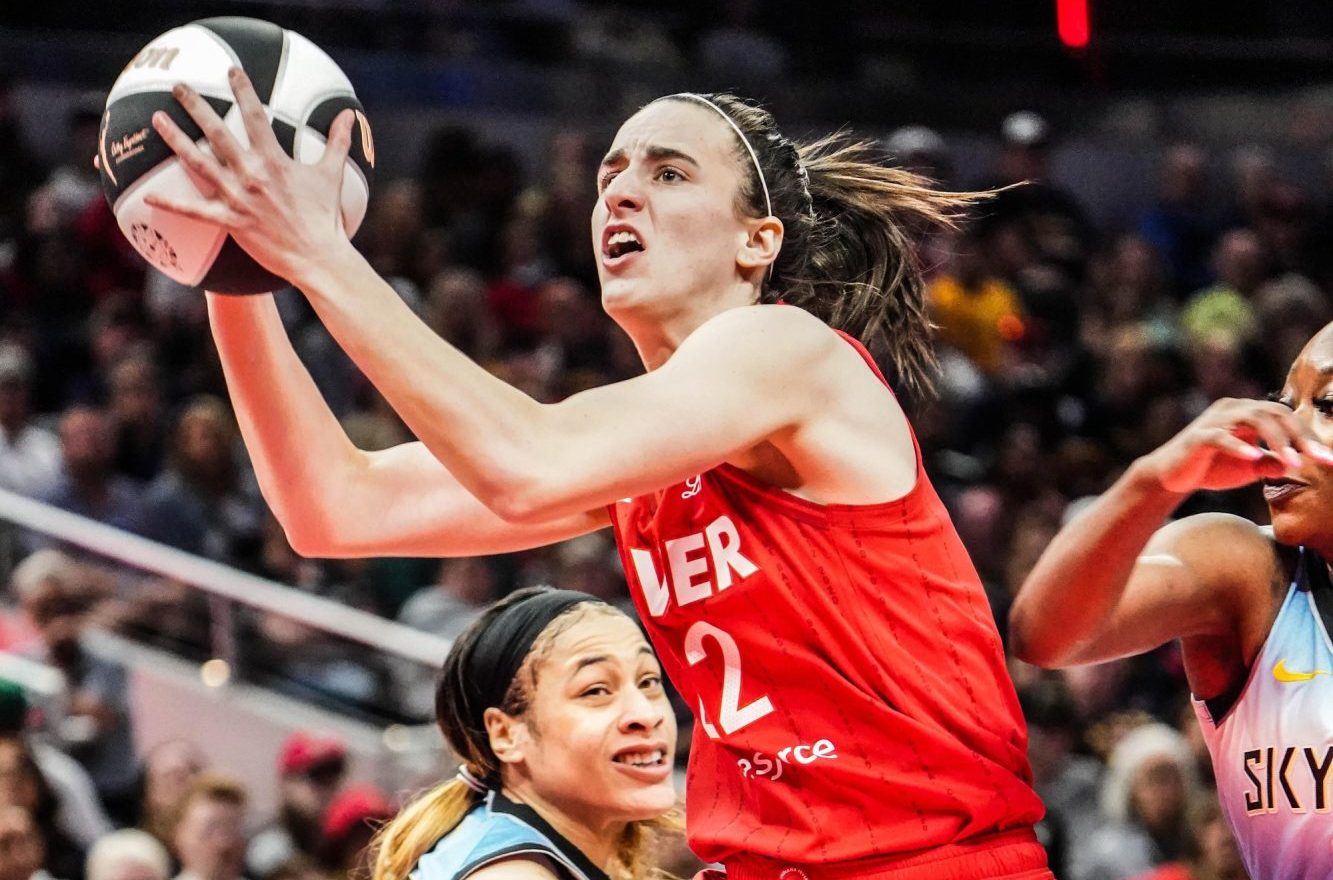

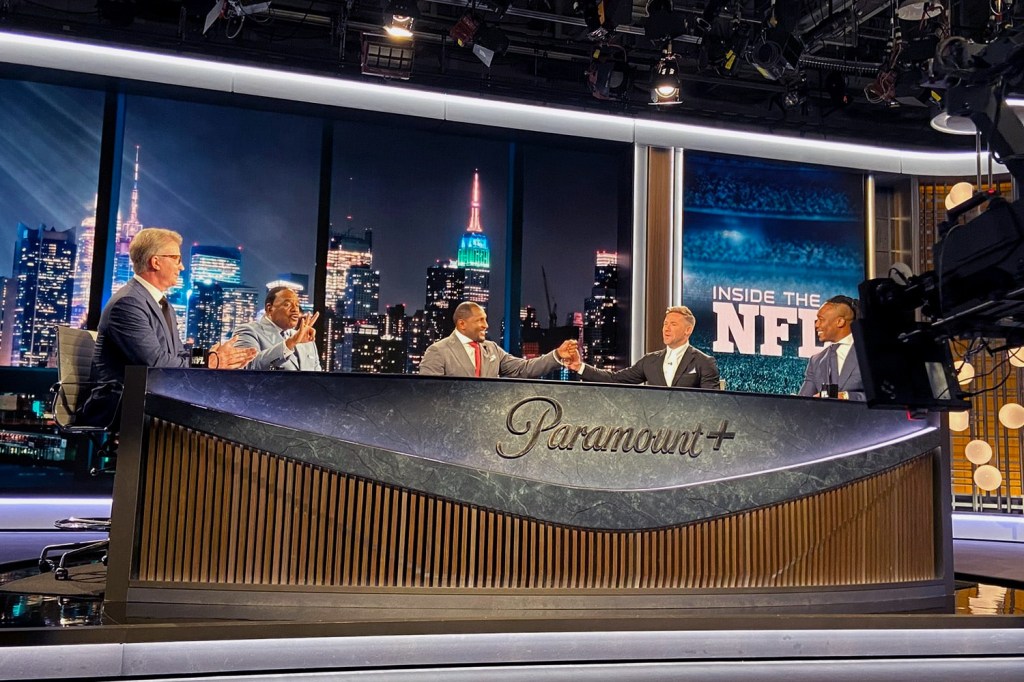

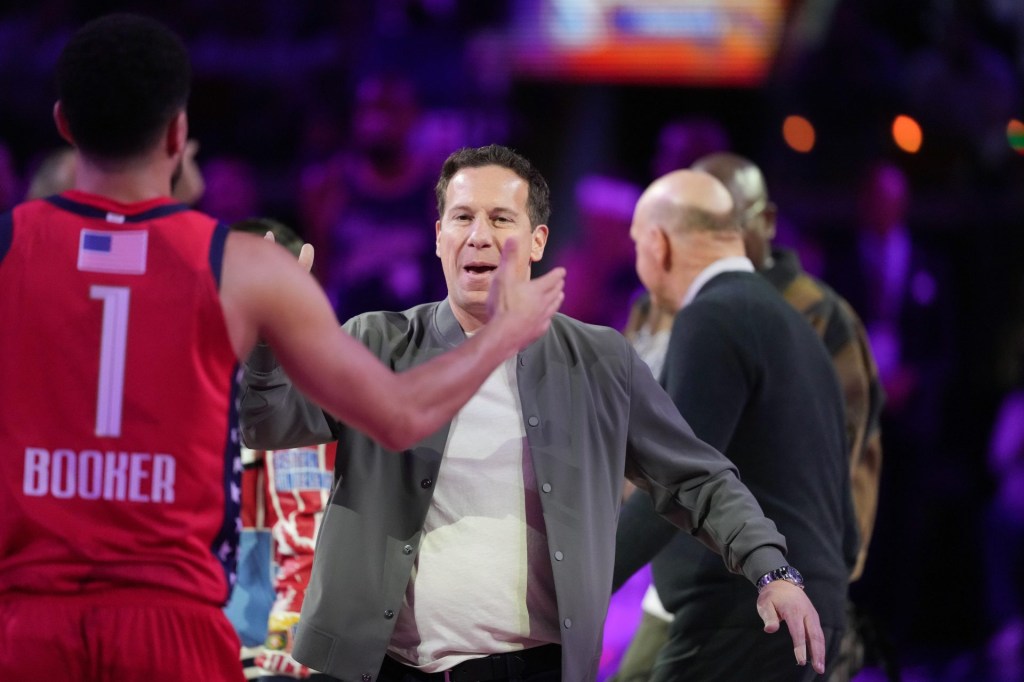
![[Subscription Customers Only] Jul 13, 2025; East Rutherford, New Jersey, USA; Chelsea FC midfielder Cole Palmer (10) celebrates winning the final of the 2025 FIFA Club World Cup at MetLife Stadium](https://frontofficesports.com/wp-content/uploads/2026/02/USATSI_26636703-scaled-e1770932227605.jpg?quality=100&w=1024)



